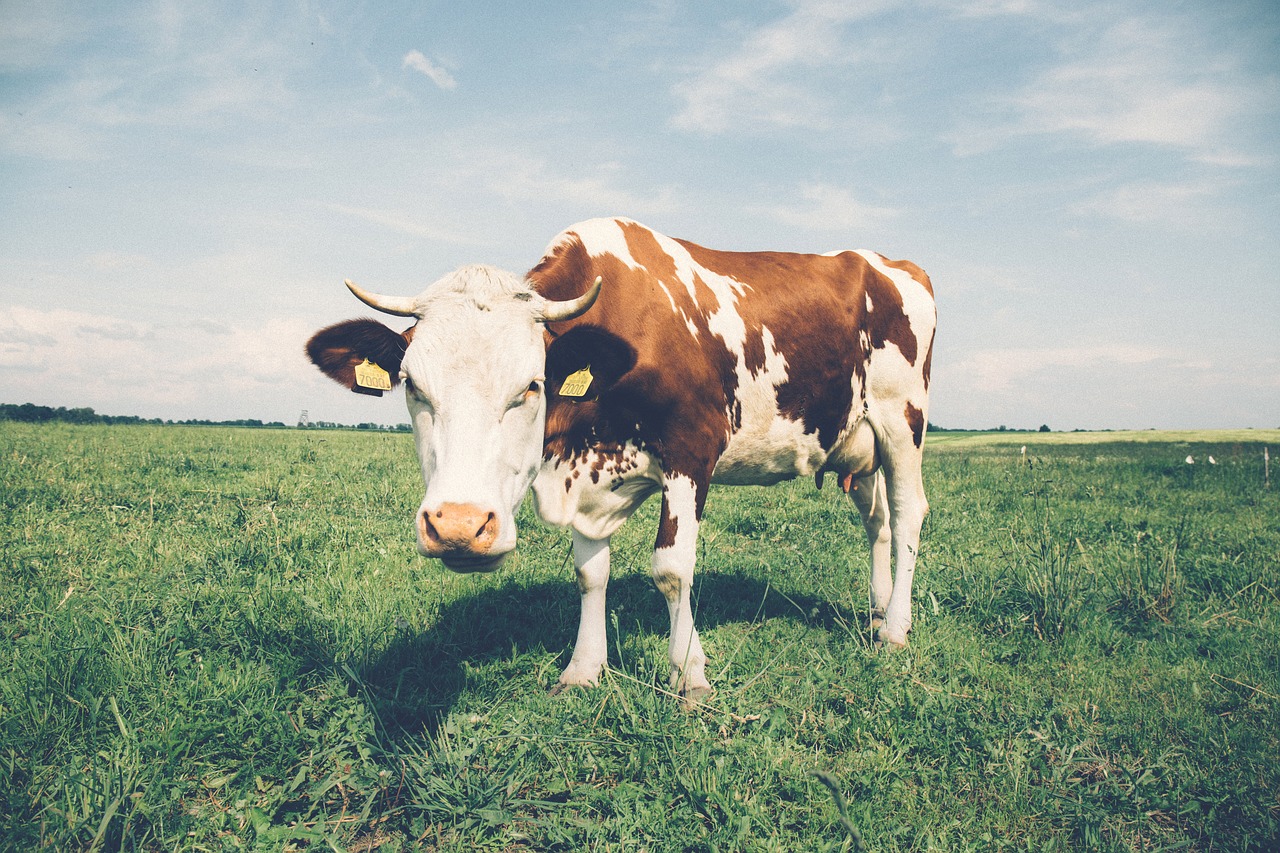Understanding kosher: What to know to keep your kitchen kosher
By on Aug 14th 2018
Kosher foods fall into one of three categories: meat, dairy, or pareve. These food items follow strict kosher food laws pertaining to quality, cleanliness, and purity. The word is Hebrew and means “fit” or “appropriate.”
While these guidelines are very comprehensive and may vary depending on personal beliefs, there are some key factors that many people follow in their kosher diet.
What is kosher?
These food guidelines, the laws of Kashrus, have biblical origins. The Torah states that the following foods are considered kosher: any land creature that chews its cud and has split hooves, fish with both fins and scales, and only a certain list of birds.

The treatment of the animal is extremely important in kosher foods. All animals must be treated in a humane way to meet kosher guidelines, and all blood must be removed from the meat. Additionally, all milk and meat products must be completely separated, and several hours must pass between eating meat and dairy products.
When shopping for kosher ingredients and products, look for symbols that indicate the products have the seal of rabbinic supervision and have kosher certification.
What to avoid when buying kosher?
There are a few products that should be avoided or used carefully when making kosher foods. For example, using certain kinds of lactic acid when making olives classifies the olive as a dairy product that can’t be mixed with meats.
Looking for a kosher option? Our lactic acid is certified pareve!
Fruit hybridizations are forbidden, as are fruit from trees that have been planted in the last three years. Beverages that have not been prepared in a kosher environment with Rabbinical supervision are also prohibited.
While all vegetables grown in soil, on plants, trees, and bushes are kosher, they must be carefully inspected if they are susceptible to insect infection—animals and insects with many legs or short legs are not kosher and must be removed from vegetables.

How to find kosher ingredients at Ingredi.com
Shopping for kosher ingredients is made easy at Ingredi.com. We’re dedicated to getting only the best products into your hands.
You can find Kosher certification under the “Information & Data Sheets” section on each product page. You can also search for “kosher” in our search bar to find all certified kosher ingredients available. And, as always, you can contact our customer service team whenever you have questions.
Sources:
http://www.ok.org/companies/what-is-kosher/meat-dairy-pareve-setting-boundaries/
https://oukosher.org/what-is-kosher/
https://www.myjewishlearning.com/article/kosher-food/
http://www.ok.org/companies/frequently-asked-questions/






